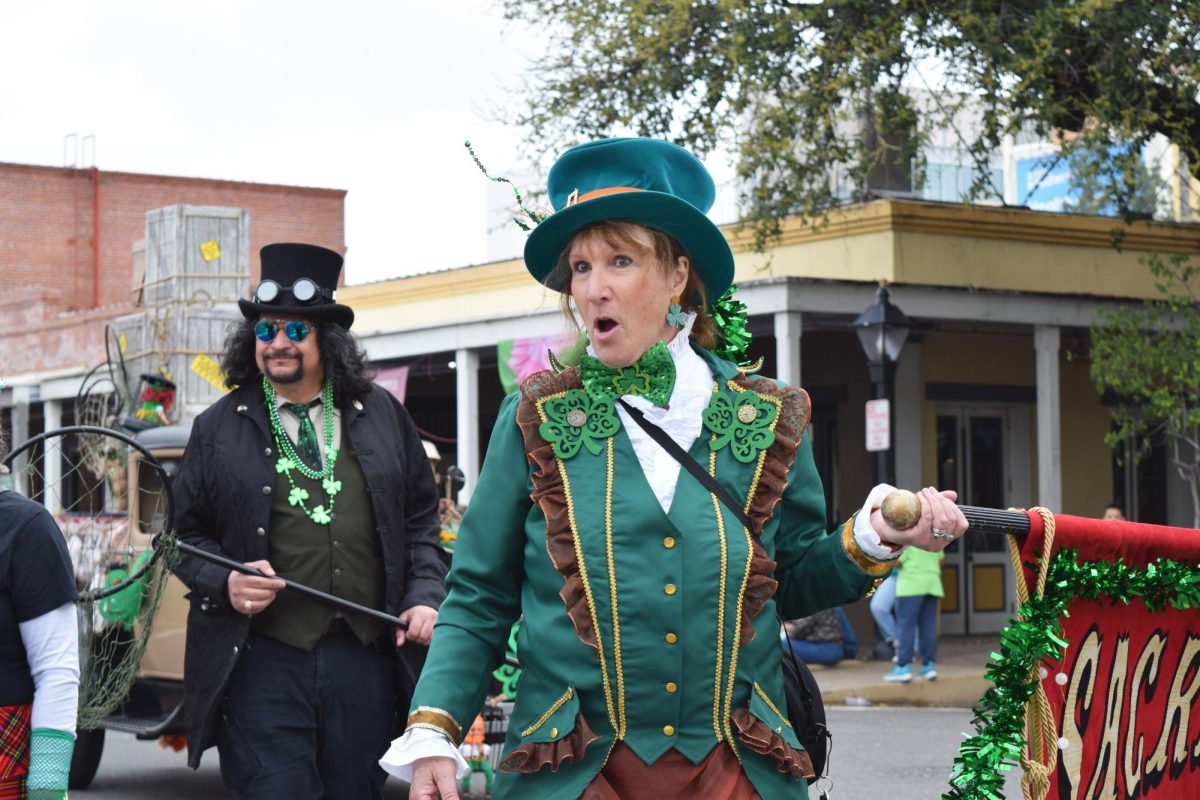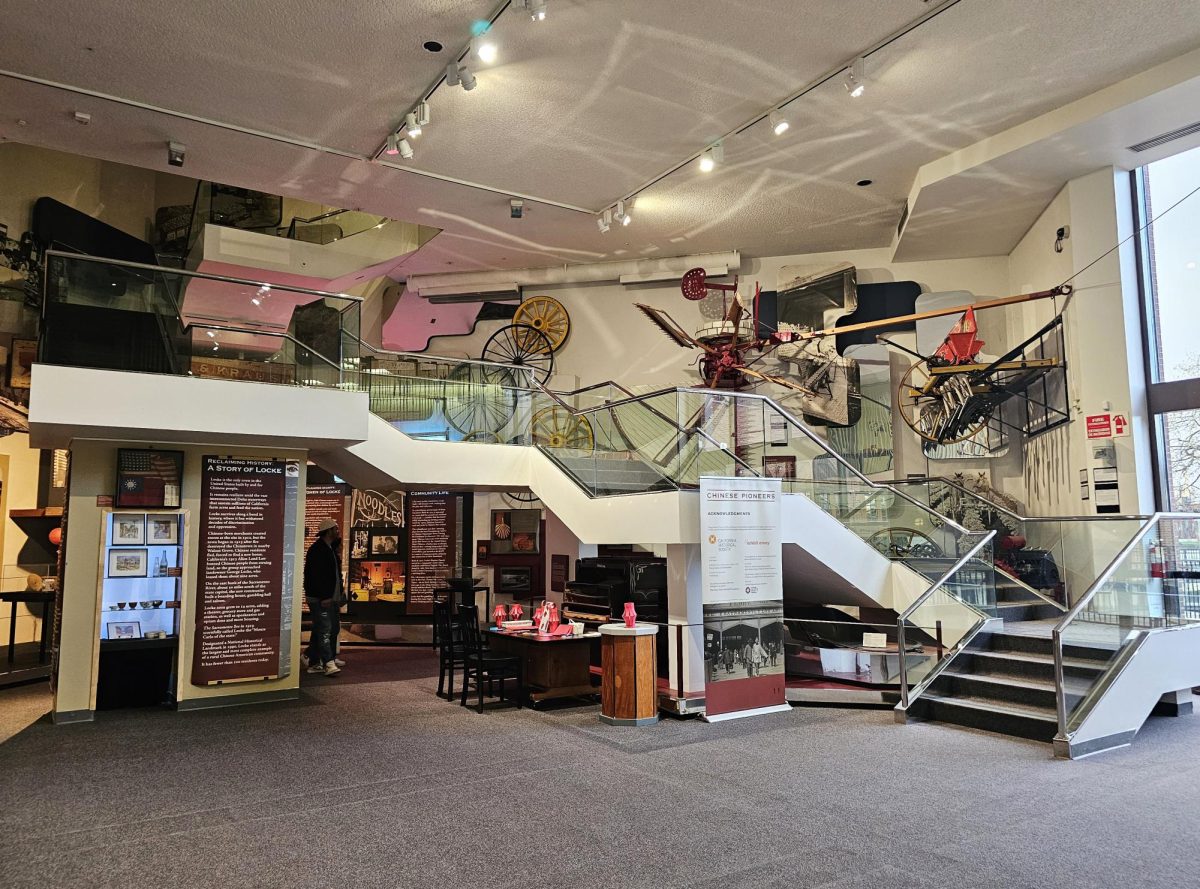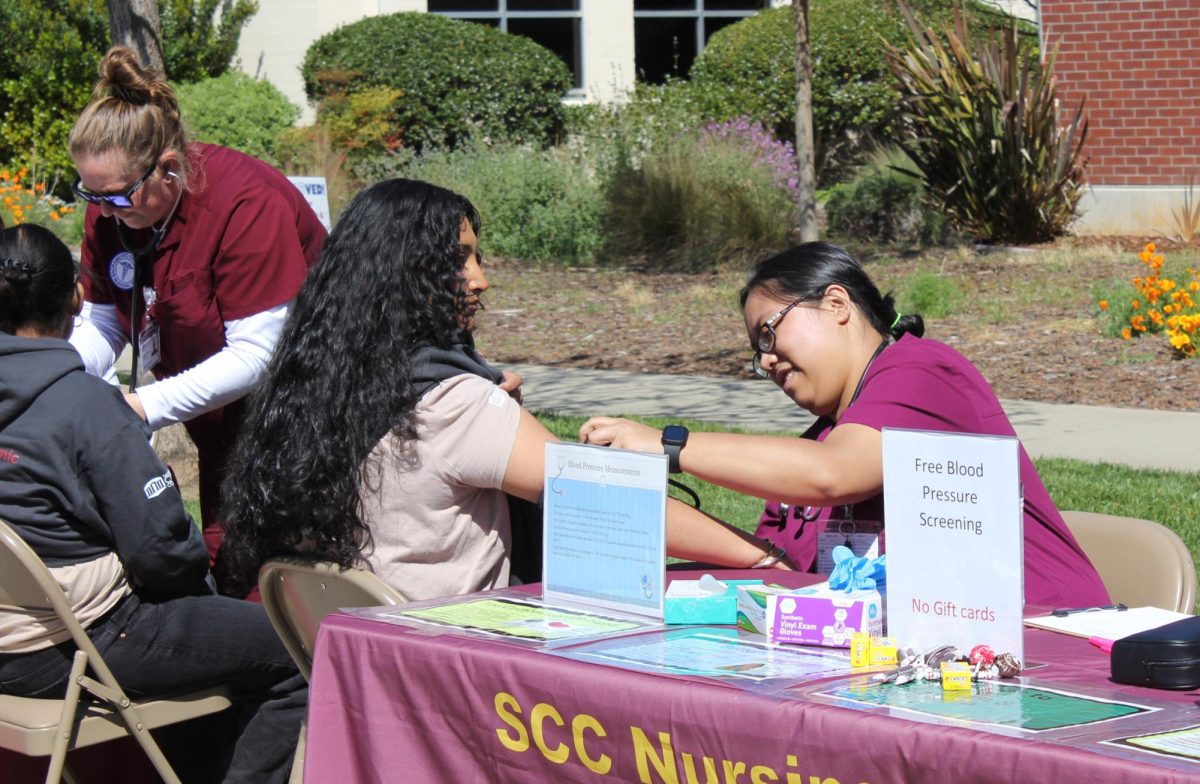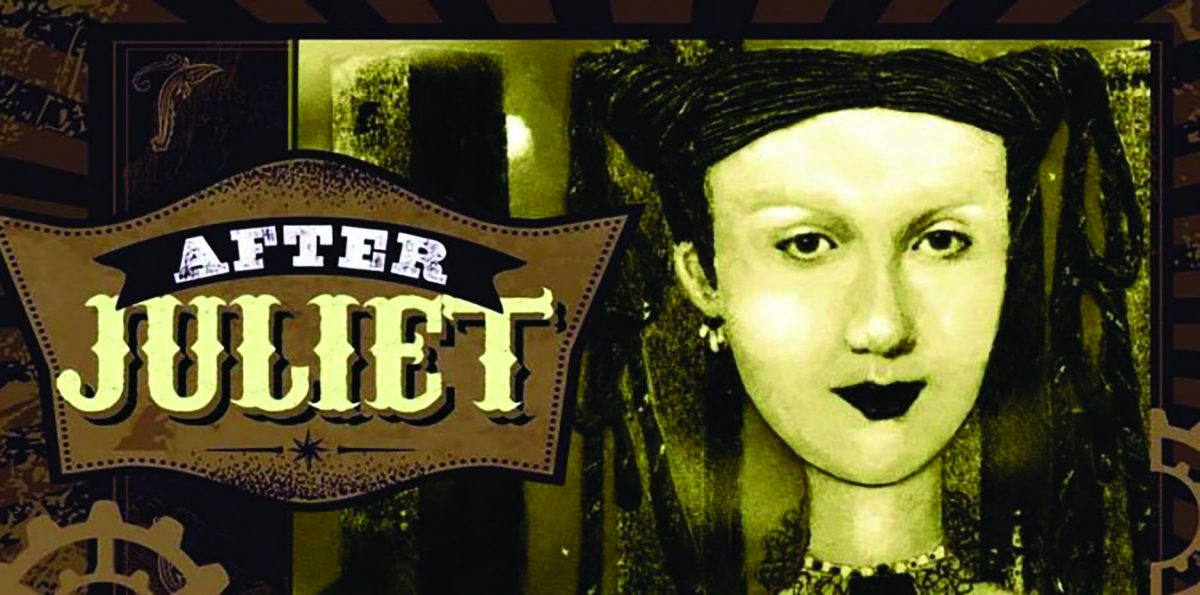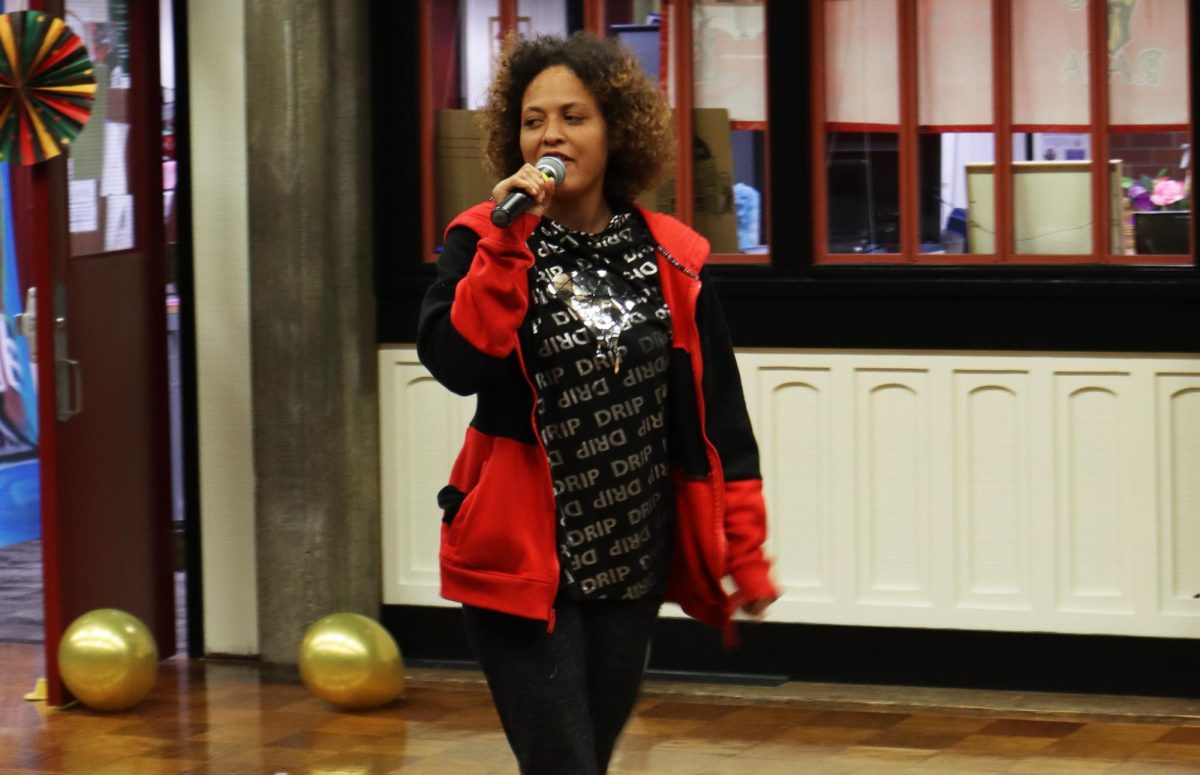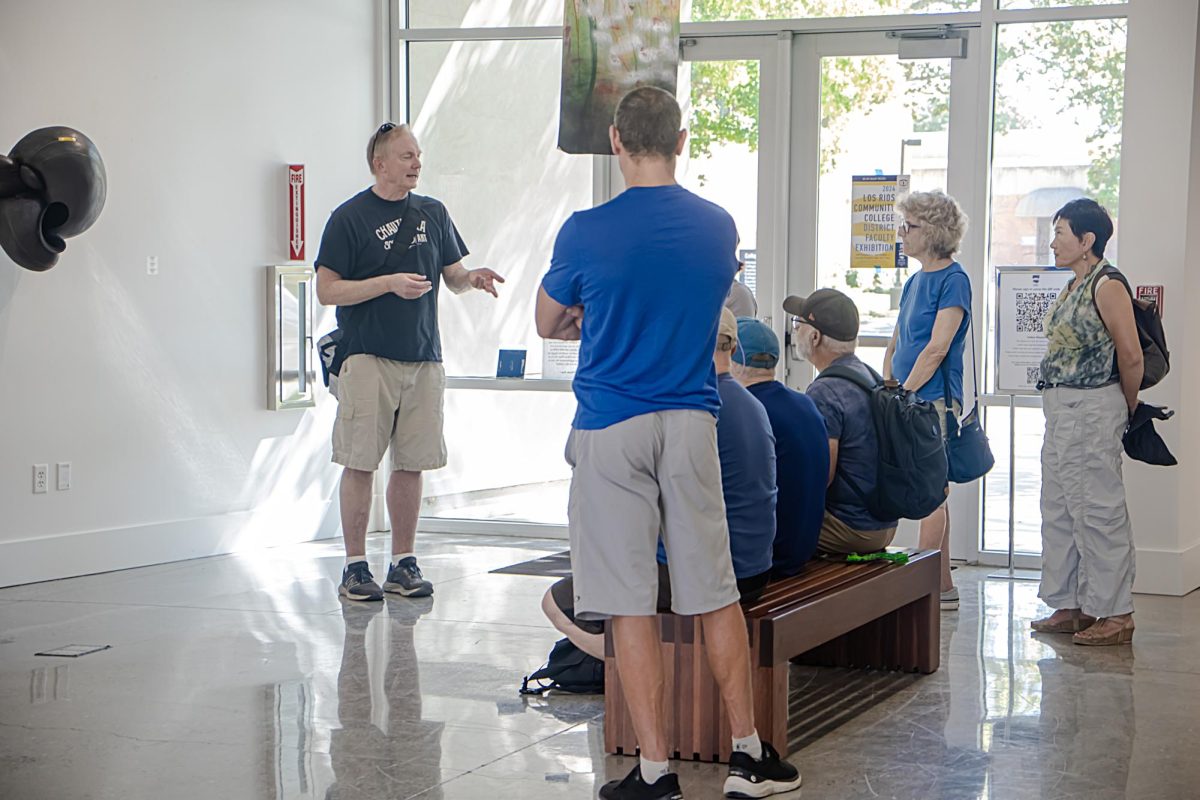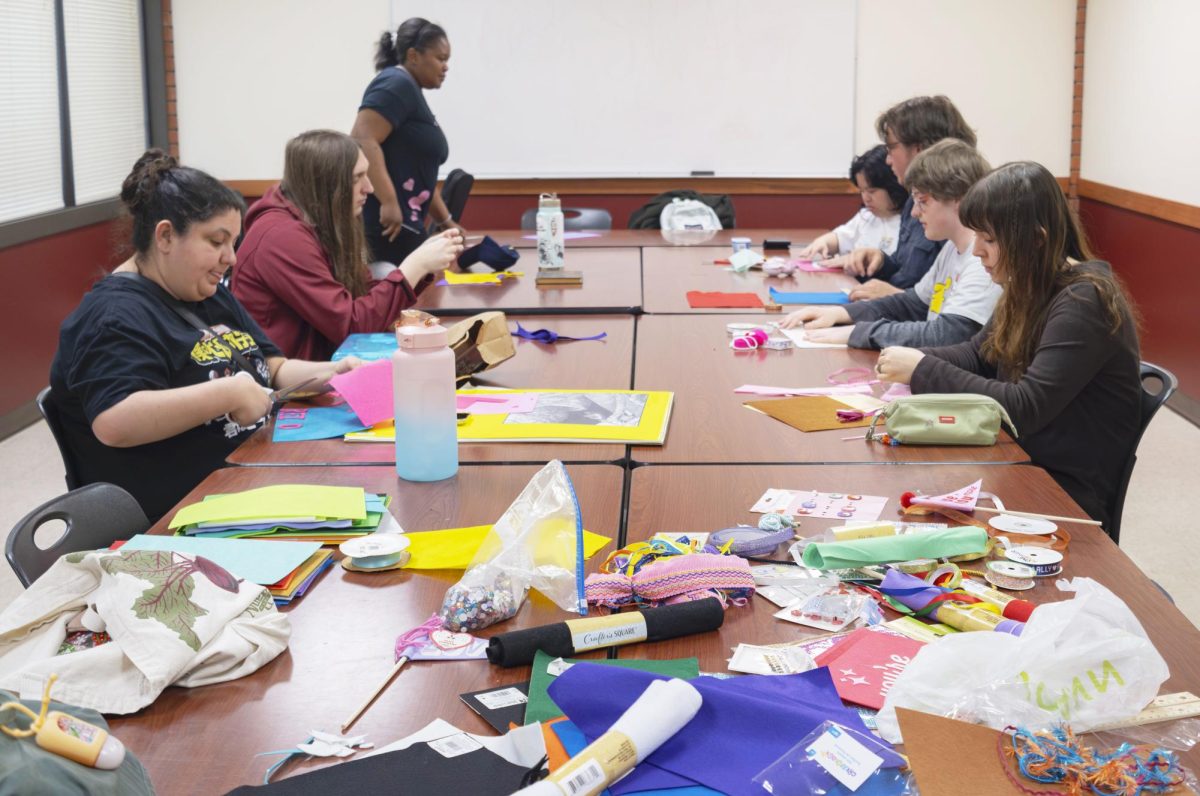ANYONE WHO TRIES TO create a sequel to William Shakespeare’s famous tragedy, “Romeo and Juliet,” likely finds that such a task is a challenge to execute.
Shakespeare’s name alone forces literary junkies to be hyper cautious when examining work that attempts to meet the late playwright’s standard of passion and drama.
Still, City Theatre actors delivered a bold production of Scottish playwright Sharman Macdonald’s “After Juliet,” a sequel to William Shakespeare’s beloved “Romeo and Juliet” in September and displayed, once again, why City College’s theater program is top notch.
The play, seemed to provide a challenge for the playwright in the way it picks up from Shakespeare’s dramatic ending that leaves any sequel without the original’s two leads.
Still, like the original, here lust and long-lasting family feuds carried the meat of the plot.
It also has a timeless feel—this play could have been set in 1500, 1700, 2000, or 3000. It could have been in Verona, Sydney, New York, Dublin, or even Sacramento so it goes.
The sequel launches off the idea that the Montagues and Capulets have been left in a stalemate truce following the death of Romeo and Juliet. Meanwhile, Romeo’s one-time flame, Rosaline (Juliet’s cousin), who was left burning for Romeo’s love falls prey to Romeo’s friend and fellow Montague, Benvolio.
Benvolio tries to seize the opportunity to get Rosaline’s love by distracting her from Romeo’s death, but now she only wants the love of the deceased young Montague, who she completely resisted in the original.
The two roles of Benvolio, played by Anthony M. Person, and Rosaline, played by Julianna Camille Hess, make for a very believable love/hate situation and the actors complemented each other very well. Hess did a great job capturing the emotion someone like Rosaline may have felt, not only from losing Romeo but from her family and the truce in general. The actress also had some tough monologues that she breezed through with ease.
At one point she even seemed to have trouble with a sticky glove that wouldn’t come off her hand, but the actress was able to play it off so well that the glitch was almost unnoticeable.
The play concludes with an open ending, as if the feud may never cease.
This should be quite satisfying for fans of the original play. The script however, is sometimes questionable, due to some colorful language and irrelevant dialogue. Still, Lori DeLappe, the production’s director, accentuates the many talents of the production, from the leads to the extras.
For example, she cast one of the lead roles of Lorenzo to a woman (Maggie Trevor) who did a fantastic job and most likely got the role not because of a lack of men but because of her exceptional talent.
No one person really stole the show—but no one needed to because of the talents that were on display as a whole. The live background music from multiple actors/musicians, which featured simple melodies from an intertwined violin and guitar enhanced audience attention to the emotion of the particular scenes and proved to be a nice surprise.
Likewise, the lighting and special effects operators didn’t miss a cue, which helped the entire production of the play run smoothly and coherently.
Overall, this was a very intimate experience, with lively performers who created a unique and powerful display.





